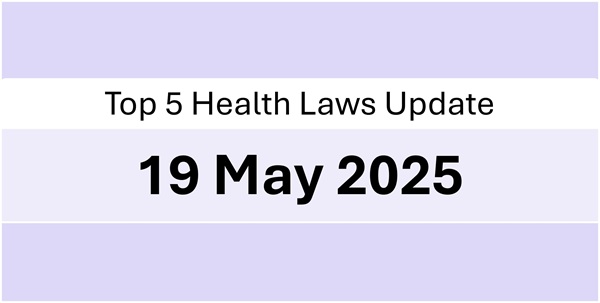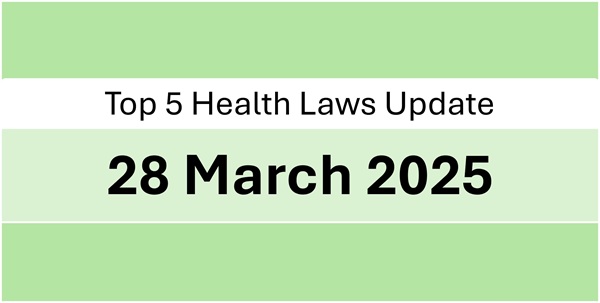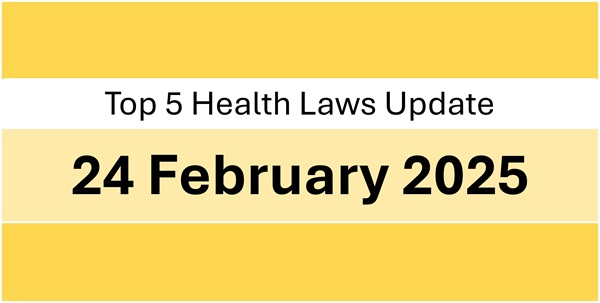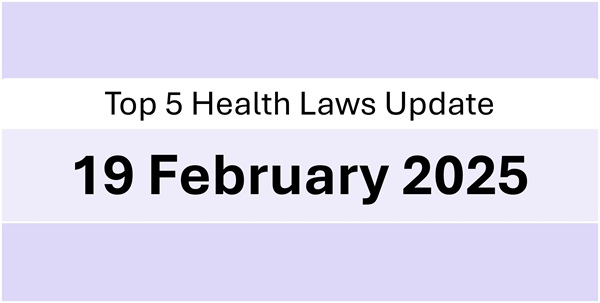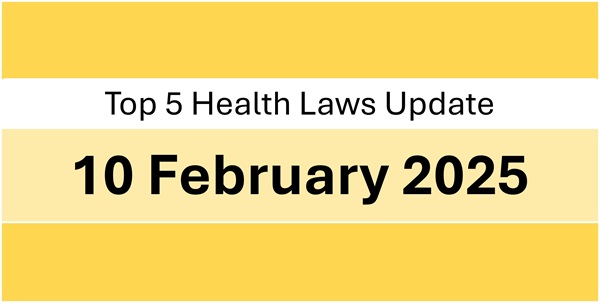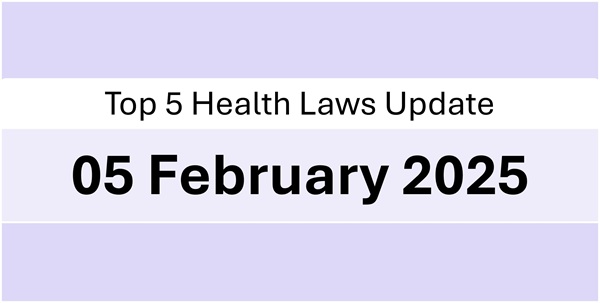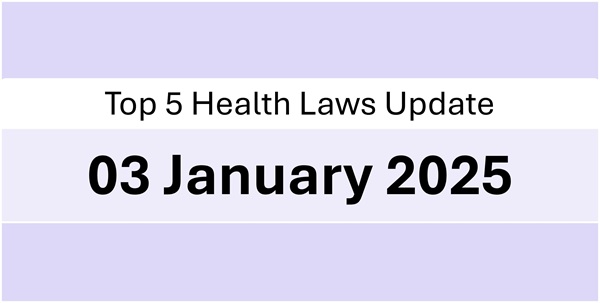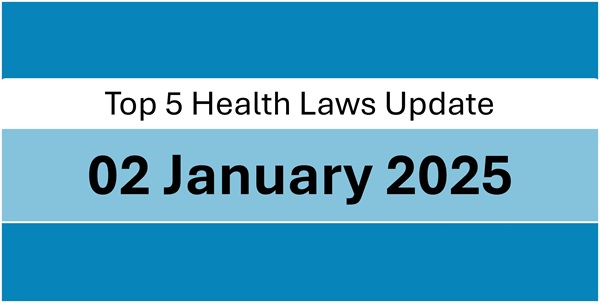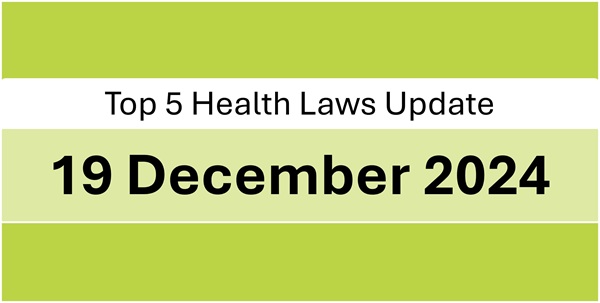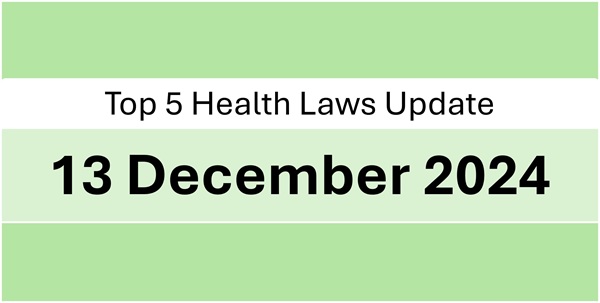Dear Readers, we are happy to share the most interesting legal and policy updates concerning health industry that we read today. we hope you enjoy reading it.
1. Kerala Deputy Drugs Controller (Ayurveda) has issued a stern warning to a prominent Ayurvedic drug manufacturer, for violating Rule 170 of the Drugs and Cosmetics Rules, 1945. This rule mandates that manufacturers obtain prior approval from state licensing authorities before advertising their products, aiming to prevent misleading promotions of AYUSH drugs.
Source: bit.ly/3H0LSoi
2. The All India Organization of Chemists & Druggists has cautioned against the Centre’s plan to expand the over-the-counter (OTC) drug list, warning that unsupervised use of routine medicines could pose serious health risks and lead to misuse without expert medical guidance.
Source: bit.ly/3H2vB2n
3. Small scale pharma companies have opposed CDSCO’s new export NOC rules, calling them burdensome for them. They warn of losing export markets to competing countries and seek an extension for Schedule M compliance and a tribunal to resolve regulatory disputes efficiently.
Source: bit.ly/3GZoac9
4. Experts have reportedly identified certain fixed-dose combinations (FDCs) in personal care products such as aloe vera, jojoba oil, and orange oil, as irrational and potentially harmful, recommending their prohibition to safeguard public health.
Source: bit.ly/3SGKh9N
5. The U.S. Food and Drug Administration (FDA) is reportedly initiating action to remove from the market unapproved concentrated fluoride drugs for infants and toddlers, citing concerns over microbiome disruption, thyroid issues, weight gain, and possible IQ decline.
Source: bit.ly/4doJeVr

